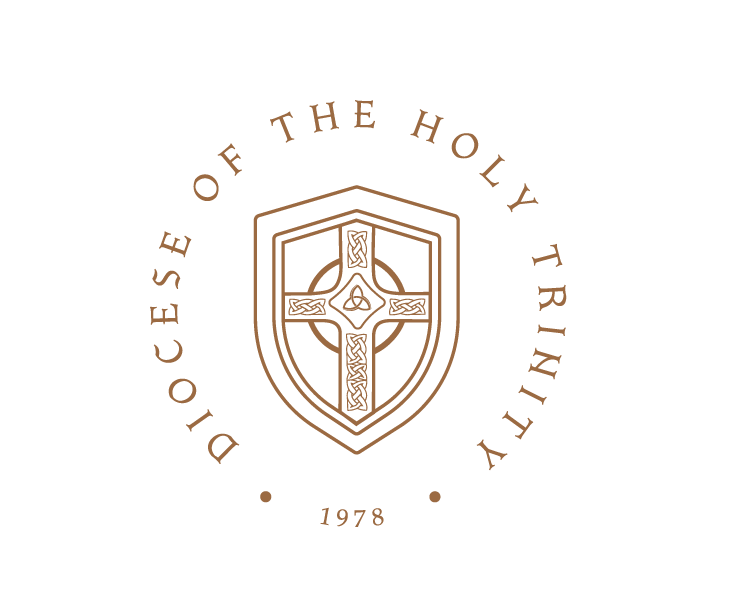The Three-fold Rule and the Trinity
Martin Thornton proposes that the three-fold Rule of the church is related to the Trinity (He has an extended discussion of this in Pastoral Theology A Reorientation, 192-254, and mentions this briefly in Christian Proficiency, 18). He suggests that the Daily Office is objectively offered to God the Father, the Eucharist is centered on the Incarnate Son of God and personal prayer is centered on the immediate ministry of the Holy Spirit.
Of course, the entire Trinity is involved in every aspect of prayer. All prayer is to Father through the Son in the Spirit. Yet, different types put the focus more on a particular person of the Trinity. The same can be said of God’s revelation of himself. It is always essentially Trinitarian. Yet, Mt. Sinai focuses on the transcendent Father (Exodus 19:16-25), the baptism of Jesus focuses on the Incarnate Son (Matthew 3:16-17) and Pentecost focuses on the Holy Spirit (Acts 2).
Most people prefer one type of prayer over another. The most common contrast is between those who are most drawn to the order and routine of liturgy and those who are most drawn to the spontaneous freedom of extemporaneous prayer. The ascetical emphasis on balance and growth reminds us that we ought not to do only what we feel like doing. Or, to put it another way, our well-being will always require us to do things we don’t naturally feel like doing. Growth in prayer is best facilitated by a balanced practice of all forms—just as we will get in the best physical shape if we exercise all of our muscles rather than just doing our favorite exercises.
Such balance can only be maintained through a commitment to Rule. By habitually assisting in the Eucharist, praying the office and conversing with God, we will develop in new ways, while also continuing to pray according to our natural gift.Ascetical theology reminds that the purpose of prayer is to form us into the image of Christ. We pray not only to feel good; we also pray also to learn how feel rightly.
This is particularly evident in the liturgy. The liturgy scripts for us the role of perfect worshiper. The liturgy does not always express how we feel; but it does express how we ought to feel—or how we would feel if we saw things as they really are. As we pray the liturgy, we learn this new role; we learn to feel differently. Liturgy trains our feelings. Over time liturgy will provide a proper foundation and formation for personal prayer.
If all we have is personal prayer, our prayer will be overly captive to subjective and inherited moods and dispositions. Liturgy provides a formative and corrective balance. And personal “felt” prayer provides a necessary balance for liturgy. For we can become detached from the liturgy, and our participation can become merely rote if we do not learn to bring our feelings with us into it.
The concern for balance requires us to emphasize the types of prayer we are least comfortable with. If we are naturally drawn to the Office, we need to cultivate the personal conversation; and if we are naturally drawn to the extemporaneous, we need to commit to praying the Office. We “need” to do this, that is, if our concern is for spiritual growth over time—if we want to be spiritual athletes in training and not merely religious consumers.

